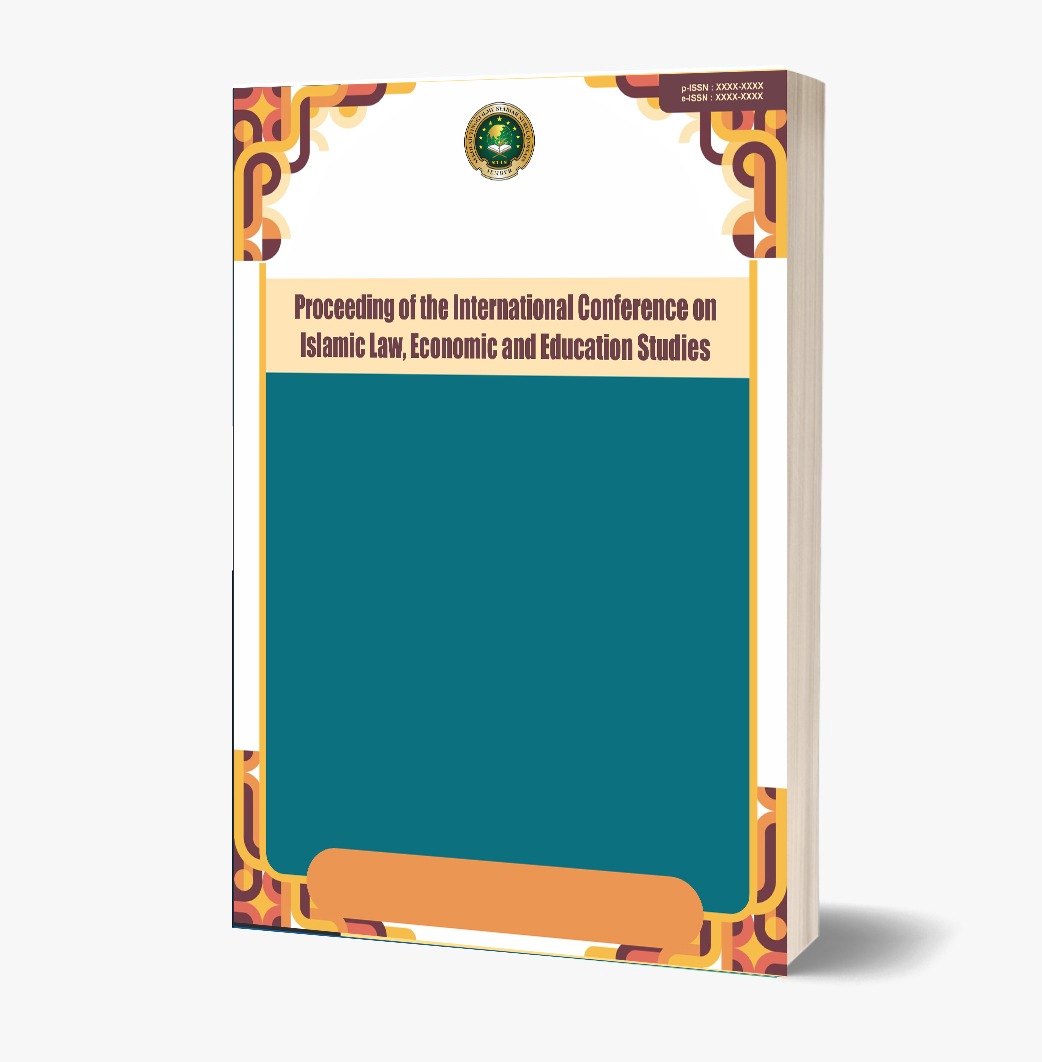Polygamy Law in Indonesia Perspective of Islamic Family Law and Positive Law
Keywords:
Polygamy Law, Law No.1 of 1974, Islamic family lawAbstract
In Islam, there is a permissibility of polygamy for a husband, but there are absolute conditions that must be met to carry out the polygamy, the absolute requirement is that a husband May marry a maximum of 4 wife and be able to be fair to his wives, if the requirements to be fair cannot be met, then he is obliged to marry only 1 wife. The provisions of polygamy in Indonesia are contained in Law No.1 of 1974, which gives a positive response to husbands who want to commit polygamy. The terms and conditions of polygamy are clearly stated in Law No.1 of 1974 Article 5 Paragraph 1, namely: First, consent of the wife/wives Second, certainty that the husband is able to guarantee the necessities of life of the wife and children Third, guarantee that the husband will be fair to his wife and children. Ideally, the regulation aiming to minimize the arbitrary attitude of the husband (man) towards the wife (woman). This is also for the sake of creating a family that is peace, love, and mercy.
References
Abd Rahman Ghazaly. (2000). Fiqh Munakahat. Jakarta: Kencana.
al-Khayyath, H. M. (2007). Problems of Muslim women in the modern era. Erlangga.
Ardhian, R. F., Anugrah, S., & Bima, S. (2015). Polygamy in Islamic law and Indonesian positive law and the urgency of granting permission for polygamy in religious courts. PrivatLaw, 3(2), 164461.
Cahyani, A. I. (2018). Polygamy in the perspective of Islamic law. Al-Qadau Journal: Islamic Family Law and Justice, 5(2), 271-280.
Faridl, M. (2007). Polygamy. Bandung: Pustaka.
Fatimah, Z. (2007). Law of polygamy in Indonesia. UIN SU.
Gladiani, D. T. (2013). Descriptive study of factors affecting marital adjustment in women in Arisan groups in Bandung City. (Thesis).
Hakim, R. (2002). Islamic marriage law. Bandung: Pustaka Setia.
Harahap, N. (2014). Literature research. Iqra Journal, 8(1), 68.
Husni, M. Y. (2021). Principles of Islamic law in Syariah family law. Journal of Islamic Law, 3(2).
Indonesian Dictionary. (2008). Jakarta: Department of National Education.
Izzati, N. N. (2021). The substance of the permissibility of polygamy and its relevance to Indonesian marriage legislation. El-Usrah: Journal of Family Law, 4(2), 499-514.
Khoirin, N. (2010). Questioning polygamy permits for civil servants. Journal of Gender and Child Studies, 5(2), 232-240.
Marzuki. (2016). Polygamy in Islamic law. Yogyakarta: Yogyakarta State University.
Pemerintah Republik Indonesia. (2010). PP No. 53 Tahun 2010. Retrieved from https://peraturan.bpk.go.id/Details/5074/pp-no-53-tahun-2010
Sarwono, J. (2006). Quantitative and qualitative research methods. Yogyakarta: Graha Ilmu.
Tihami, S. S. (2013). Fiqh Munakahat: Complete fiqh study. Jakarta: Rajawali Pers.





